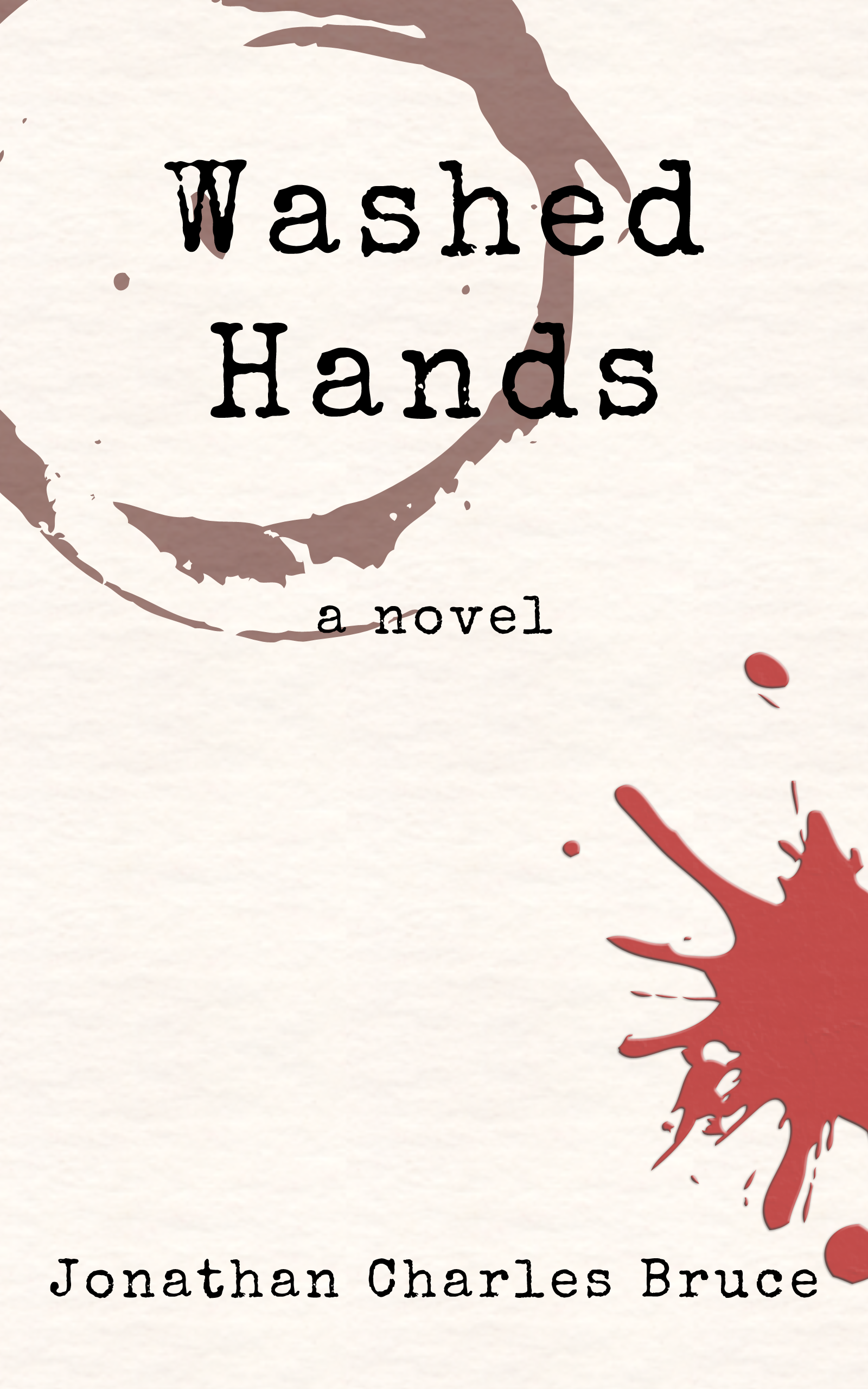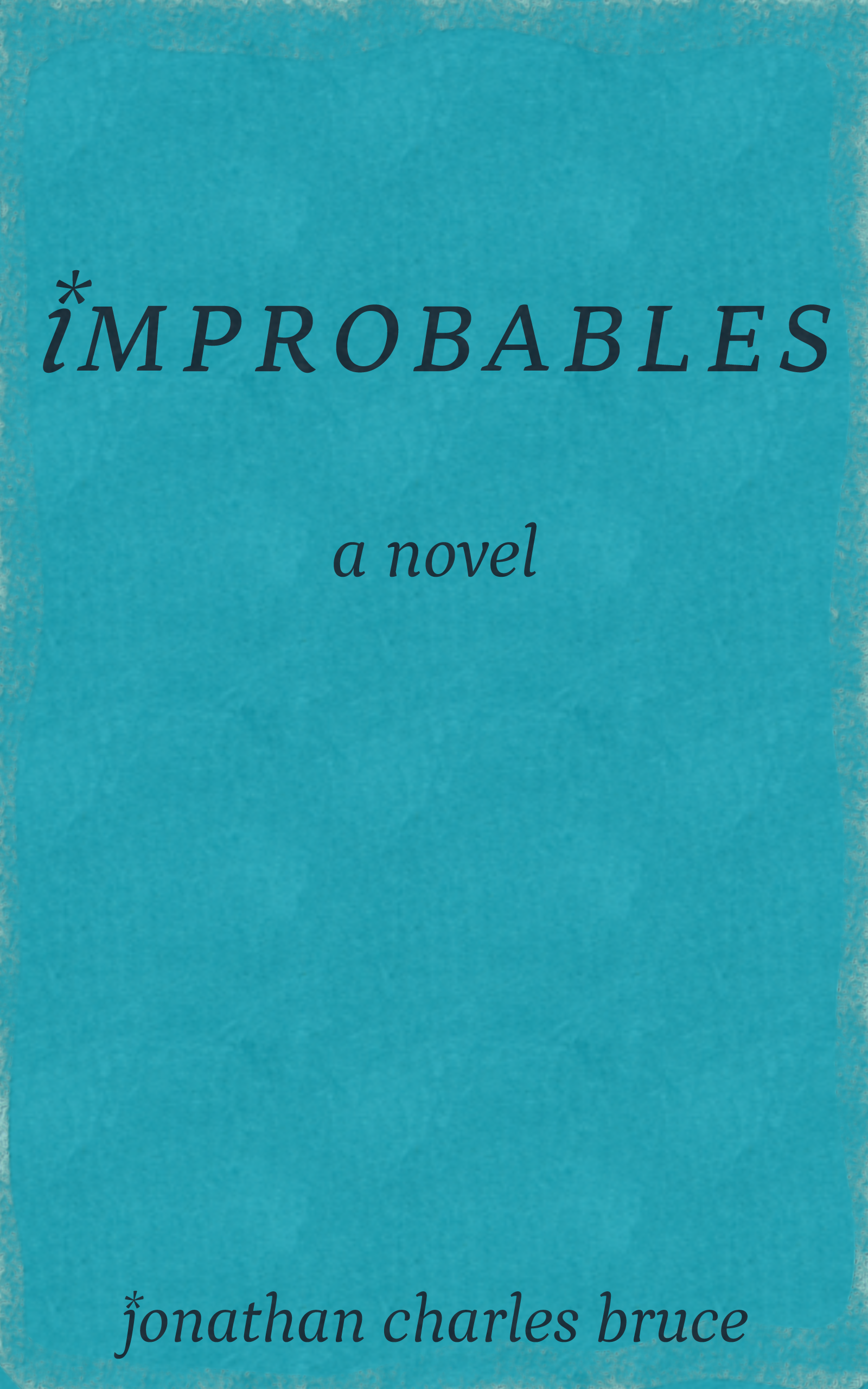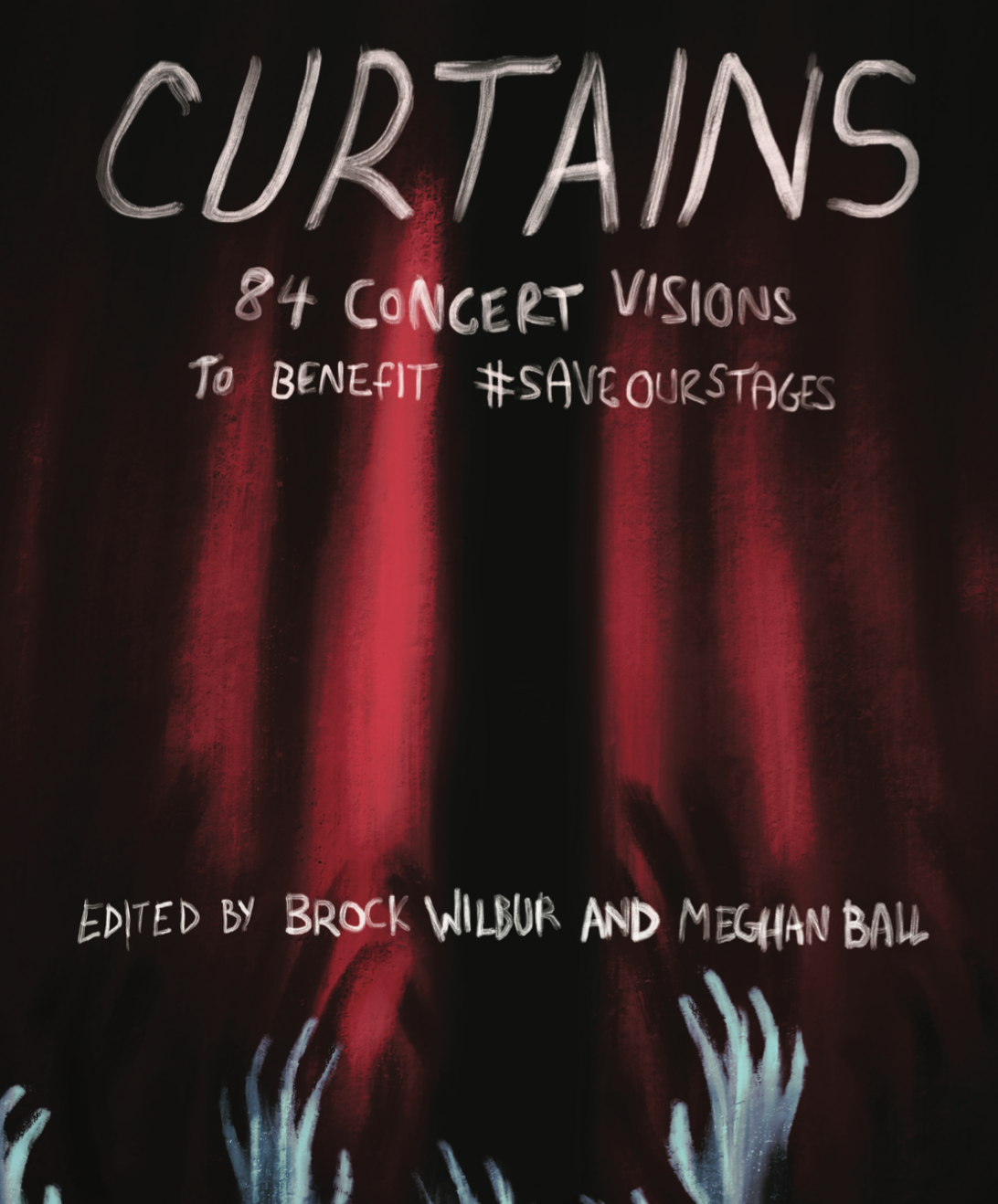Endings and How to Lose Them
At the beginning of the year, I downloaded the indie game The Aquatic Adventures of the Last Human, a game that pits you as the titular last surviving human wandering around a tightly constrained oceanic maze. Between the pixel art, the retro music, and gameplay inspired by Shadow of the Colossus, this game seemed precision engineered to hit all the sweet spots in my cold, dead heart. After all, exploring underwater cities, overgrown with vegetation, while schools of fish dart out of your way is a fairly unique twist on classic “sundown of humanity” tales. Punctuate that with huge, tooth-filled bosses that see you as food and you have the premise for a beautiful, though bleak, story.
But then you can botch it so badly that I kind of never want to think about it again.
To be fair, the game is, on the whole, very enjoyable. It plays well (despite some earlier, now-patched, memory leaks), the boss fights are fun-but-tough, and the exploration proves to scratch an itch for seeing what’s around the next corner. There’s a steady set of upgrades, which allows your little submarine to take more abuse or open up new paths or defend itself slightly better.
The competency behind the game itself is what makes the narrative thrust of the story, such that it is, such a complete letdown. Soft sci-fi fuckery leaves your aquanaut thousands of years after the extinction of the rest of the species, and in lieu of something better to do, you just start poking about. Ostensibly, the goal is to find a way to discover what happened and why you’re now the sole member of a species that fucked up the planet.
And find out, you do! After ridding the ocean waters of a fairly large number of hostile animal life (such as a bigass lantern fish), belligerent plant life, an angry atomic mutant or two, precisely one (1) octopus who was just hanging out and in your way, and a violent automated defense system, you run into a sort of giant shrimp/fetus-like robot thinger.

Oh, now I get it.
It proceeds to scold you about how mean you are for killing innocent plant life and how it planned a slow extinction of humanity because it was an unviable species and how much of a dick you are for showing up and wrecking up the joint.
You respond by launching torpedoes at it.
Then, you die on the ocean floor, in a situation that I assume is supposed to be poetic.
And, to be fair, those last moments are a beautifully composed scene. Just your sub, settling to the ground. The credits roll as algae slowly works its way up the side, turning your sub’s familiar grey hull into green life. This is how the last person dies.

Ignore how the shield would probably be killing stuff.
It’s quite the testament to the power of storytelling with the simplest of graphics, and if that’s all there was to it, it’d be great. The problem with this, of course, is that we, as the players, are just finished being castigated for playing the game. The “innocent” animals that I killed during the course of the game were also, for the most part, trying to eat me. Self-defense, in general, is not considered to be a bad thing. Perhaps the game was assuming that I sadistically chased down random fish to brutally murder, but that really wasn’t the case. As such, how can I be blamed for ending the lives of things hell bent on ending mine?

Peaceful? Um... are we playing the same game?
If the final part of the game was just piloting your sub through an abandoned industrial building, finding a broken supercomputer, and then somberly settling on the ocean floor to have plant life reclaim your sub as the credits rolled, that would have been affecting. Actually denying the player any real closure at the literal end of humanity would have been the appropriate thing to do. Besides, knowing the way the world ended is ultimately pointless when you’re just the sad post-credits sequence… what are you going to do? But what better way to hammer in that pointlessness by actively taking away that knowledge from people who are living in an era of ecological collapse?
Even in the larger context of the world, the submariner’s actions don’t make a lick of sense—why torpedo the fetal robot god at all? Anger? But why? Revenge? Again, why? Destroying the robot—itself containing a record of all of humanity’s greatest works and achievements—just makes the last human a petty, incredibly stupid, spiteful dick that actively chooses to destroy the entirety of human history. Since the player’s avatar has no personality, save for some ennui-soaked flavor text, the move seems not only preposterous, but actively antagonistic toward whatever aims the last human had.

Captain's Log: I am the last person alive. What's important now is ponderous, poetic descriptions of the things I kill.
This entire examination is not to just splatter over a game that, for the most part, I enjoyed. I still have one piece of the soundtrack on rotation on any number of playlists…
… but the point is that after such an artfully crafted experience, the finale undercut all the goodwill the game had built up. Trying to boot it up again and play through the boss fights and exploration just filled me with annoyance—why would I do that, when the ending is essentially a middle finger to the rest of the experience?
Endings are hard; believe me. I know—I’ve written enough of them to realize that they can be challenging in ways that action or love scenes aren’t. Conclusions are the culmination of the events that happened previously; they’re payoffs for doing the work of watching a movie, reading a novel, or playing a game. They can ram home a moral or set up sequels or validate your audience’s feelings. They can heal old wounds and inspire new worlds.
But when was the last time you heard of a book ending with a several hundred word rant about how literate people are walking carcinogens? Or had a television show that spent its last five minutes excoriating its audience for its attention? Americanah’s final 100 pages were unbelievably frustrating and ultimately invalidated much of the protagonist’s journey. The Good Wife’s last season was a slog that ended with unnecessary ambiguity that positively dripped with unearned self-satisfaction. At no point did either of those pieces blame their audience for having the audacity to watch their descent into their sad-trumpet-noise finales.
Video games exist in a weird space where the rules are largely set forth and inescapable. You hand players the ability to do something—move, attack, defend—and have them work their way through the challenges you set up. As a developer, if you don’t give players tools for something or account for alternatives in other means, then you’re not in a position to judge the means to a particular end.
In Gone Home, you are tasked with rifling through your family’s stuff to find out what happened. Although in real life, such obsessive, unnecessary thoroughness would be frowned upon, the game never slaps your hand and says “ha ha, you did what we forced you to do, sucker”.

Well, there's one part.
Undertale had a morality mechanic that I gushed over last year. While it gave you the capacity to fight and kill your opponents, you also had the ability to talk to them, make friends with them, or just ignore them. When various characters then scold you for killing a solitary boss or doing a full of KEYS (kill everything you see) run, it matters. The change of tone accurately reflects what you, the player, are doing with the tools given to you. When you get your ending and its wild variance depending on how bloodthirsty you were, it actually means things.
What this means is that, if TAAotLH’s ending absolutely had to remain unchanged, the game would have needed to work out new ways of approaching bosses, such as picking fights rather than always acting defensively with the exception of one (1) moment. There’d have to be incentive to disrupt the ecosystems in place. Perhaps instead of crates to upgrade your ship, you found oil wells that you had to harvest; when you returned, the sea life around them could be dead or dying. One upgrade could have been a toxic cloud used to kill swarms of impassible, but otherwise harmless, fish. You could also have a puzzle that basically involves collapsing an ice shelf—wouldn’t that be a pretty shitty thing to do to unsuspecting animals?
At the same time, though, there’d have to be a way around such ruinous decisions—difficult, but not insurmountable tasks that required more effort. And you’d have to take that into consideration when building your game. Maybe players wouldn’t see your bleak ending, but then maybe most people aren’t as shit as you think they are.
Long story short, if you lock someone in a room with a steel door and tell them there’s a key in there with them, you literally cannot get mad at them for looking under the rug.
< PREVIOUS ENTRY • NEXT ENTRY >
Advice • Fiction • Gaming • General Musings • Reviews





